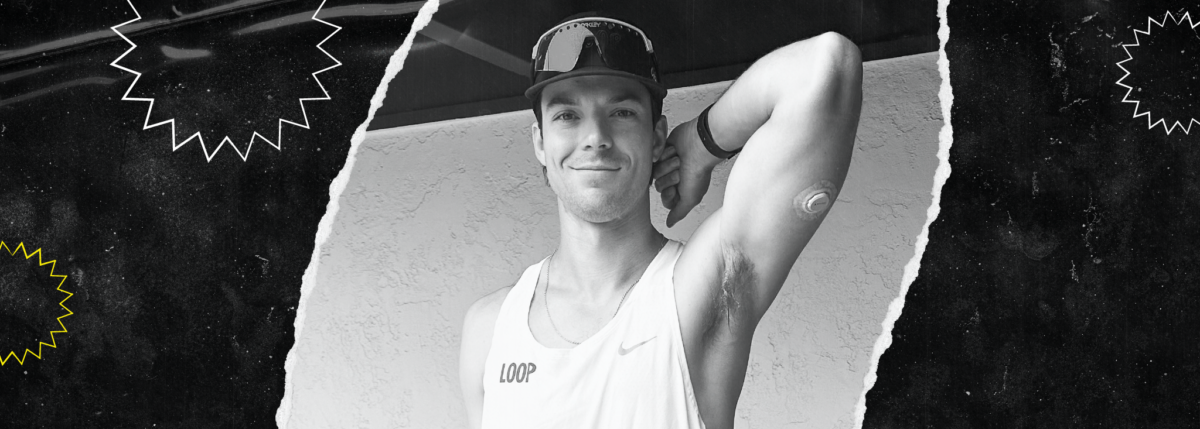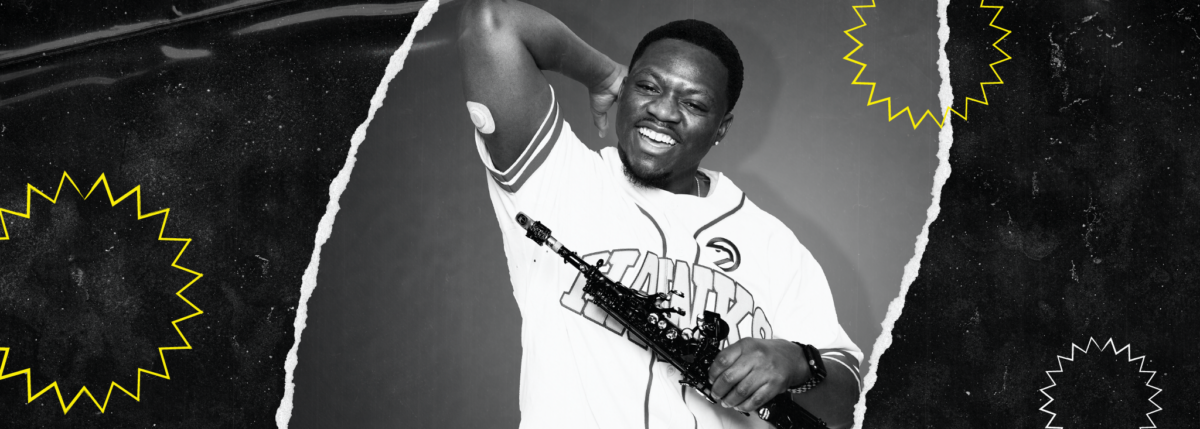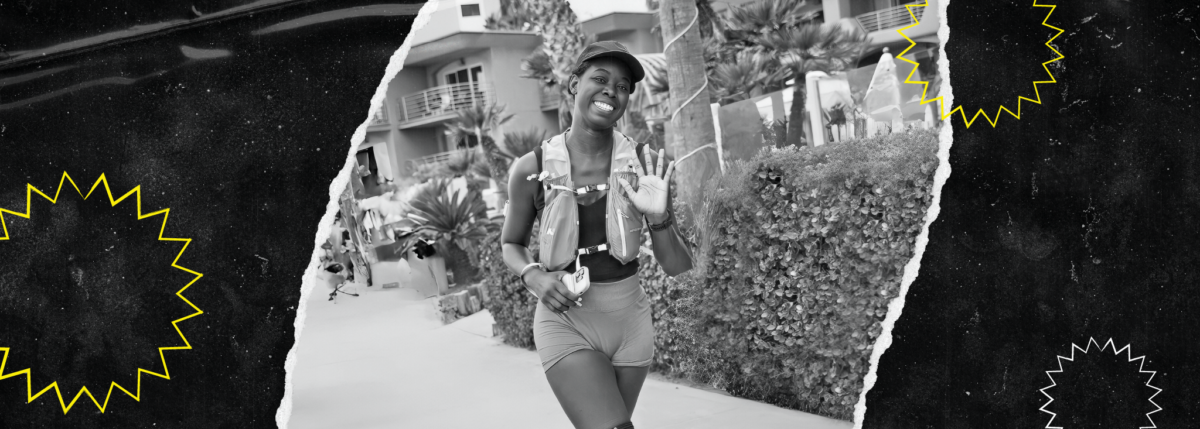Trusting Myself with Insulin
Written by: T'ara Smith, MS, Nutrition Education
3 minute read
April 21, 2021
Former pro wrestler, Dan Denton, shares when he first started taking insulin and how he's learned to trust himself with it to manage T2D.
Dan Denton is one of the most open, vocal people you’ll meet in the type 2 diabetes (T2D) online community. Diagnosed with diabetes more than 15 years ago, he has used his experiences to create his own community and help others living with type 2 diabetes and prediabetes. For some with type 2 diabetes, the concept of starting insulin can be met with resistance and fear, even though it’s necessary for improving glycemic outcomes. For Dan, he met the challenges of beginning insulin therapy with courage that he hopes to inspire others with T2D who may require it. In our interview below, Dan shares insulin’s impact on his weight, nutrition and exercise routines and how being in tune with his body helps him manage diabetes.
BT2: Hi Dan, great to speak with you again! Let’s talk about your life with diabetes prior to insulin. How were you managing diabetes?
Well, I was surprised when I found out I had diabetes. I started probably like everybody else and started taking [metformin] pills and managing it with diet and exercise. I was a professional wrestler for many years and used to taking vitamins and supplements, so taking metformin wasn’t a big deal. I didn’t know too much about type 2 diabetes, so I thought I only had to take pills and would be fine. I didn’t realize it doesn’t always happen that way.
When were you first introduced to insulin?
When I was having trouble getting my blood glucose under control, she suggested I started taking mealtime insulin before meals and a couple of shots of long-acting insulin. But soon after that, I noticed I was beginning to gain weight that was hard to lose.
Did your doctor explain the link between insulin and weight gain to you?
I didn’t get a lot of education about the relationship between the two, so it wasn’t obvious to me at the time. As a former pro wrestler, I tried everything to lose it. I was at my Gold’s Gym in Venice Beach five days per week lifting very heavy weights and doing cardio every day for 45 minutes to an hour. I still wasn’t losing weight.
What strategies did you and your doctor use to overcome that?
I started seeing a new doctor, who happens to be the doctor for the LA Kings, and he went over the basics of insulin with me and fine-tuned my insulin regimen. We reduced the amount of insulin and my blood glucose rose temporarily, but with my workout routine, I started to lose weight and my blood glucose numbers were improving.
My doctor’s super dialed in and we’re joined at the hip. I get my bloodwork done every three months and we’ve monitored my progress to see how much insulin I really need. He also trusts me to make adjustments on my own.
How have these changes made an impact on your eating patterns and exercise?
I don’t watch my carbs too closely, but I’ve become good at learning how to determine how much insulin I need to take based on what I’m eating. I check my blood sugar frequently, so I’m aware of how certain foods affect it. If I’m eating a soup and a salad, I know I’m not taking the same amount of insulin as if I were having pizza and nachos.
I don’t need to take a shot before every meal now. I’ve started doing keto last year and have lost over 100 pounds. Also, I know my body so well and that comes from years of being a pro athlete. Now, I understand that not everybody’s like me and a lot of people with type 2 diabetes and prediabetes need help, which is why I started my own Diabetes Army community. I try to give advice to others so people don’t make some of the same errors I’ve made in my diabetes journey.
In your community, Diabetes Army, how do you address the stigmas about using insulin to manage T2D?
I meet people all of the time who are afraid after they’re prescribed insulin. They’re afraid of the needles and I’m there to help calm and reassure them they’ll be fine. I tell them it’s not that bad and it’s necessary for their health. Some people use their insulin prescription as a wake-up call to make major changes to reduce or remove the need for insulin. I try to help support them in trying to reach that goal. But also, there are others who won’t be able to get off insulin and there’s no shame in that, either. What’s most important is that they have the support to be as healthy as they can be. There are so many ways to educate ourselves about type 2 diabetes and the more we have it, the more likely we’re able to overcome our fears about it.
Follow Dan on Instagram here.
This content was made possible with support from Lilly Diabetes, a Founding Partner of Beyond Type 2.

Author
T'ara Smith, MS, Nutrition Education
T’ara was diagnosed with type 2 diabetes in July 2017 at the age of 25. Since her diagnosis, she focused her academic studies and career on diabetes awareness and living a full life with it. She’s excited to have joined the Beyond Type 1 team to continue her work. Two years later, T'ara discovered she'd been misdiagnosed with type 2 and actually has latent autoimmune diabetes in adults (LADA). Outside the office, T’ara enjoys going to the movies, visiting parks with her dog, listening to BTS and cooking awesome healthy meals. T’ara holds an MS in Nutrition Education from American University.
Related Resources

Jordan Sooter’s journey to running marathons began in college as a way to stay fit....
Read more

Antoine Gibson is no stranger to overcoming challenges. As a saxophonist and marathon runner living...
Read more

Danica Collins not only prepared for one of the most challenging physical events of her...
Read more

